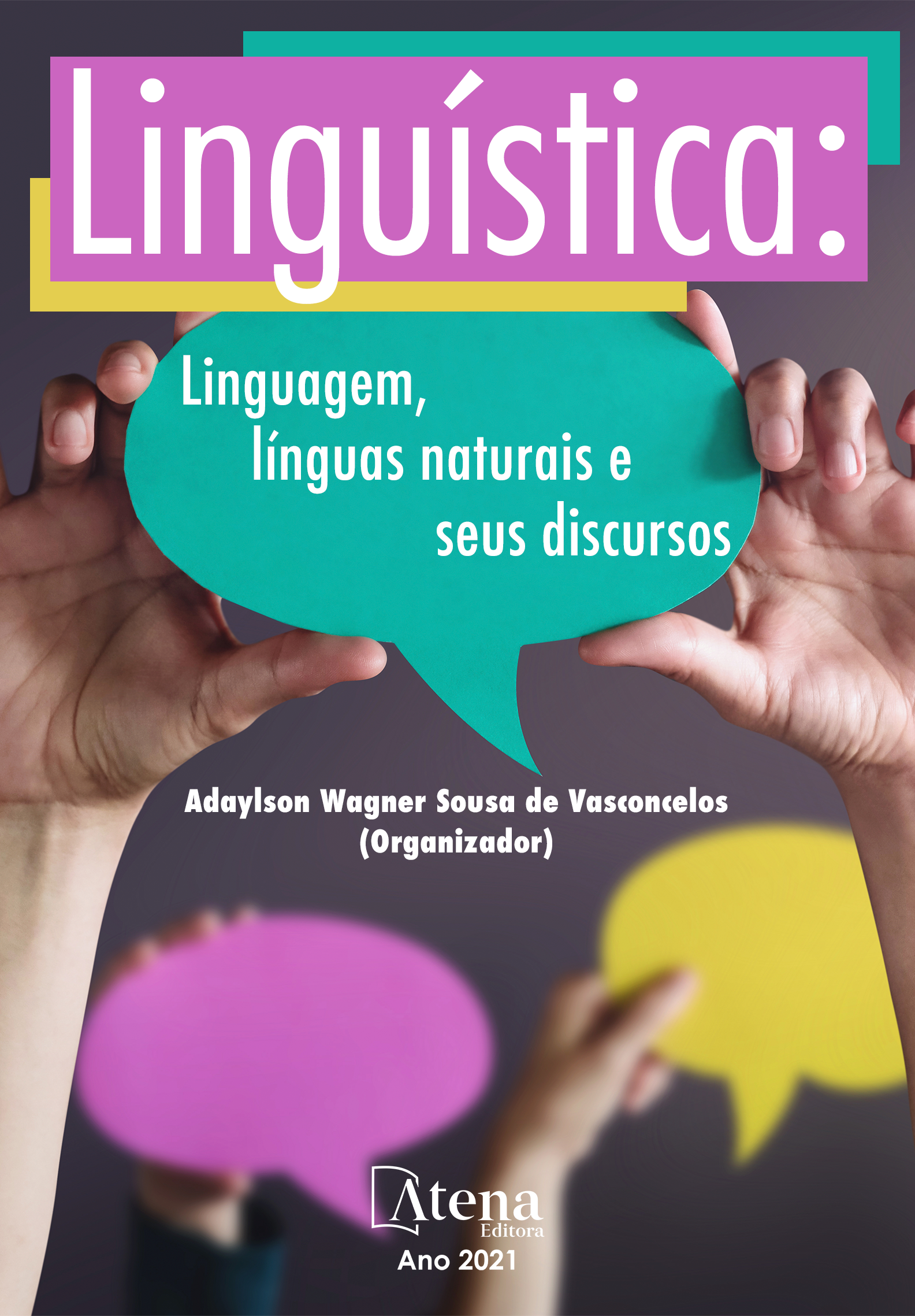
NÓS ou A GENTE? Uma observação em ALAGOINHAS, BAHIA
A variação nas formas de expressão da 1ª pessoa do plural tem sido apresentada em diversos estudos, mas a proposta da dissertação de mestrado em andamento à qual esse artigo se filia é apresentar um estudo sociolinguístico do uso de nós e a gente como preenchimento do sujeito e como indicador de posse em sete mesorregiões da Bahia. Para isso, são utilizados pressupostos teórico-metodológicos da Sociolinguística Variacionista laboviana e da Dialetologia (CARDOSO et. al., 2014). Ademais, pretende-se realizar uma análise do fenômeno em questão, considerando-se aspectos linguísticos, regionais, históricos e socioculturais da realidade baiana. Toma-se como objetivo identificar os grupos de fatores condicionantes para a escolha das variantes do fenômeno, buscando elaborar um mapa geossociolinguístico dessa variação na Bahia. Este artigo, entretanto, utiliza como corpus alvo de observação as entrevistas realizadas com quatro falantes de Alagoinhas, que fica situada na mesorregião Nordeste Baiano, registradas pelo acervo do banco de dados do Projeto Atlas Linguístico do Brasil (ALiB). O estudo ora realizado parte do estudo pioneiro de Omena (1996a; 1996b), que demonstra que os fatores linguísticos e sociais favorecem o uso de a gente ao invés de nós, corroborado pelas as análises de Lopes (2003) que mostram a inter-relação desses fatores para o favorecimento do uso de a gente, afirmando que essa forma já é implementada no Português Brasileiro. Ambos os estudos demonstraram que, na variedade do português brasileiro, a ocorrência da forma a gente é bastante expressiva no lugar de nós. Este trabalho, uma vez concluído, utilizando-se dos fundamentos da Sociolinguística e da Dialetologia Pluridimensional, poderá fornecer uma base empírica para a elaboração de um panorama geossociolinguístico do fenômeno em foco na fala das localidades nas mesorregiões em estudo.
NÓS ou A GENTE? Uma observação em ALAGOINHAS, BAHIA
-
DOI: https://doi.org/10.22533/at.ed.6512121076
-
Palavras-chave: Sociolinguística. Dialetologia. Nós e a gente. Alagoinhas.
-
Keywords: Sociolinguistics. Dialectology. Nós and a gente. Alagoinhas.
-
Abstract:
The variation in the forms of expression of the 1st person in the plural has been presented in several studies, but the proposal of the ongoing master's thesis to which this article is affiliated is to present a sociolinguistic study of the use of nós and a gente as the subject's filling and as a tenure indicator in seven mesoregions of Bahia. For this, theoretical-methodological assumptions of Labovian Variationist Sociolinguistics and Dialectology are used (CARDOSO et. Al., 2014). Furthermore, it is intended to carry out an analysis of the phenomenon in question, considering linguistic, regional, historical and socio-cultural aspects of the Bahian reality. The objective is to identify the groups of conditioning factors for the choice of variants of the phenomenon, seeking to develop a geosociolinguistic map of this variation in Bahia. This article, however, uses interviews with four speakers from Alagoinhas, which is located in the northeast region of Bahia, as recorded in the database of the Atlas Linguistic Project of Brazil (ALiB) as the target corpus of observation. The study now carried out part of the pioneering study by Omena (1996a; 1996b), which demonstrates that linguistic and social factors favor the use a gente instead of nós, corroborated by Lopes (2003) analyzes that show the interrelation of these factors to favor the use a gente, stating that this form is already implemented in Brazilian Portuguese. Both studies showed that, in the Brazilian Portuguese variety, the occurrence of the form we are quite expressive in place of nós. This work, once completed, using the foundations of Sociolinguistics and Pluridimensional Dialectology, can provide an empirical basis for the elaboration of a geosociolinguistic panorama of the phenomenon in focus in the speech of the localities in the mesoregions under study.
-
Número de páginas: 14
- FERNANDA FIGUEIRA FONSECA


